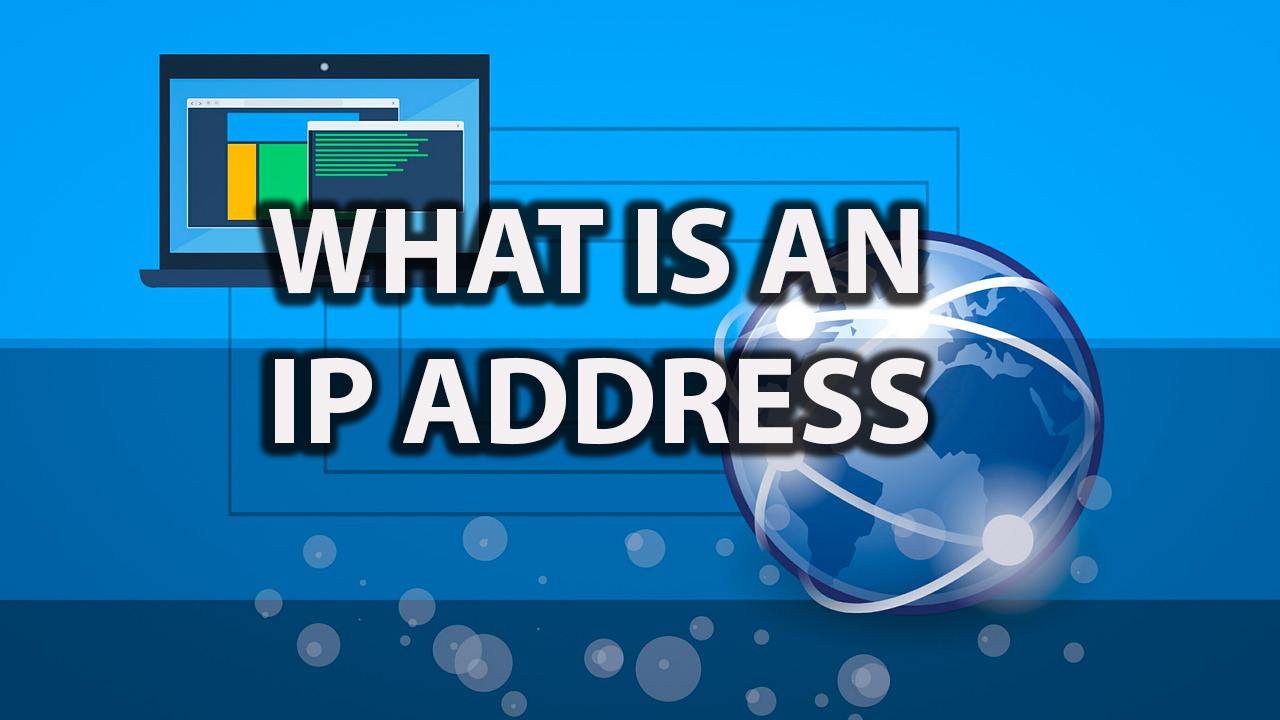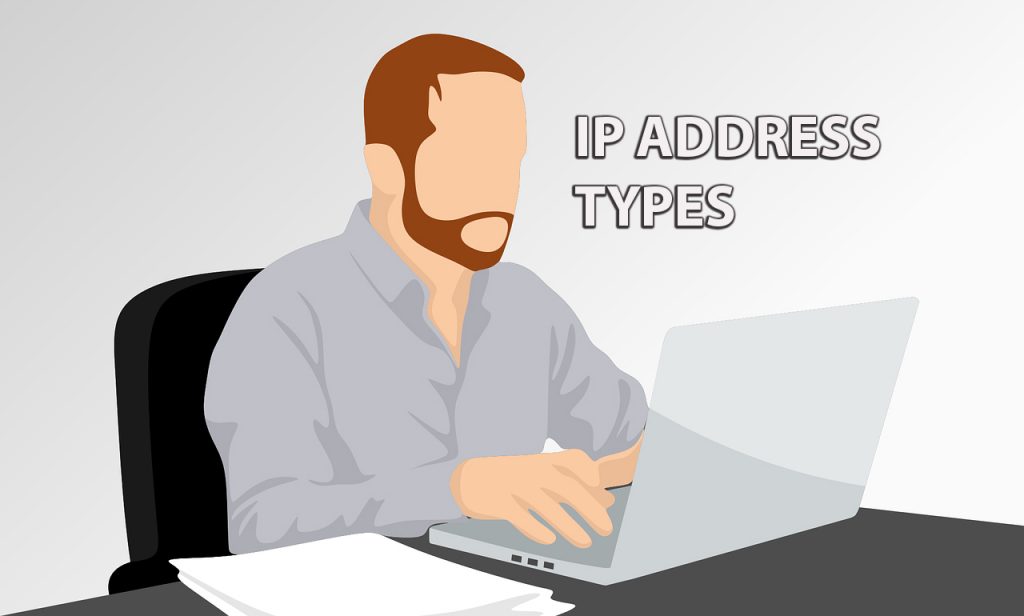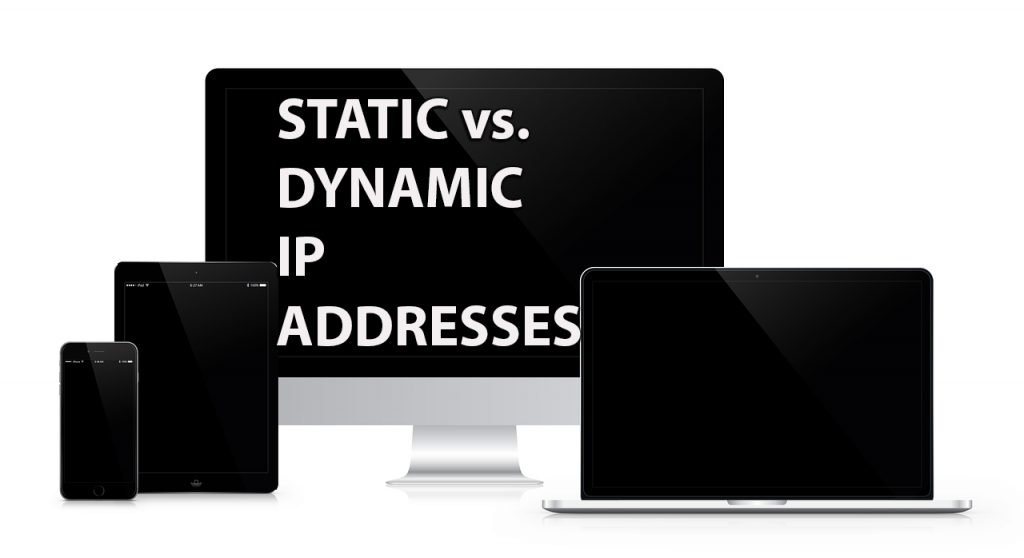
If it weren’t for IP addresses, you wouldn’t be reading this page. An IP address allows us access to the world wide web. But there are lots of different IP address types. And you knew that, because that’s why you decided to read this article. You want to better understand what an IP address is. Maybe you want to hide your IP address, or someone asked you what your IP address is, or if you use a static IP address.
We are going to break down everything there is to know about what an IP address is and why it’s important to you.
What Is An IP Address?
IP address is short for Internet Protocol Address. It’s composed of a series of numbers, separated by periods. Its a literal cyber address. It identifies your location (pending you aren’t using a VPN). If you are using a VPN, it identifies the VPN server’s location.
When you use the Internet, your IP address connects through your Internet Service Provider. For example, if you use Comcast, your IP address is logged when you pop on to NFL.com to get your pregame news. Additionally, NFL.com uses your IP address to make sure the webpage they return is sent to you, not someone else.
An IP address is comparable to a home address. You send Christmas cards to family and friends using their mailing addresses. Its slower than the web, but its pretty near the same concept. Your IP address is your cyber address. Its how information, content, entertainment, and even email finds its way to the proper source, like yourself.
There are a plethora of IP address types. And this is where some confusion arises. Fear not, though, it’s simple and easy to understand.
IP Address Types

There are a few different types of IP addresses.
Let’s explore.
Your Public IP address
Your Internet Service Provider (ISP) assigns you a public IP address. If you Google “what’s my IP address,” this unique string of numbers is what pops up. Every device on your network will use the same assigned public IP address
This is the address your ISP uses to track your browsing history and other Internet activities. You must have a public IP address to use the Internet.
Your Private IP address
Your router must assign a private IP address per device. This is what allows each device the ability to connect to the public IP address. When you connect your iPhone and Laptop to your LAN (local area network), they must have unique private IP addresses.
We Must Have Both Private and Public IP Addresses
Not to overcomplicate the matter, we need these two IP address types because the Internet doesn’t have enough IP address numbers. The private IP address allows the device to work within the local network. And that in turn allows all devices to work on the Internet via a public IP address.
See, that wasn’t so bad, was it?
Now, lets talk deeper IP address types.
Static and Dynamic IP Addresses

In our modern times, we don’t hear much about static IP addresses vs. dynamic IP addresses. But back in the day we did. Today people hardly care if their IP address is static or dynamic.
Dynamic IP Address: Your IP address changes often.
Static IP Address: Does not change, at least for an extended amount of time. Sometimes a static IP address may remain the same until you reboot your Internet connection. Other times, it may remain the same beyond that. It depends on your ISP’s choice or the agreements you have in place with your ISP.
Often, an ISP will charge you a bit more to use a static IP address. Why would anyone pay more for a static IP address? Does a static IP address make your Internet connection better?
A static IP address is not faster, per se. But there are benefits. For example, maybe you work for a company or run a business that approves IP addresses for critical logins, such as FTP. Maybe you set up dev servers from your home to test new web sites or apps. In any of these cases, an IP address change screws up your work. Your bank may not like your IP address changing all the time.
There are lots of reasons to have a static, or dedicated IP address. But its not essential to using the web.
When you use a VPN, you can access static or dedicated IP addresses without going through your ISP. That’s some of the value in using a VPN.
Other Reasons an IP Address Changes
You reboot your router.
You pop on to your devices cellular network.
Your ISP changes it without you ever knowing.
IP Addresses Matter (A LOT)
Now that we understand the different types of IP addresses, it’s important to look at how an IP address can detrimentally effect your day to day life.
An IP address identifies you. Your ISP can track your entire browsing history via your IP address, even when it’s dynamic.
Imagine for a second if I handed you 20 pages of your neighbor’s Google searches, sites they login to, sites the read, and apps they use. Even if you knew nothing about your neighbor, you’d suddenly know an awful lot about them.
Your ISP can take that data and sell it to corporations who want to monetize on your online behaviors.
Moreover, your IP address exposes your location and computer or device drives to hackers. Hackers use IP addresses to “break in.”
Hiding your IP address is imperative to your safety and your ability to conceal your private web surfing from your ISP. A VPN allows you to choose an IP address from servers worldwide. This cuts out your ISP from collecting your browsing activity and protects your computer from hackers.
This is why it’s not only important to understand what an IP address is, but also how to conceal it.






